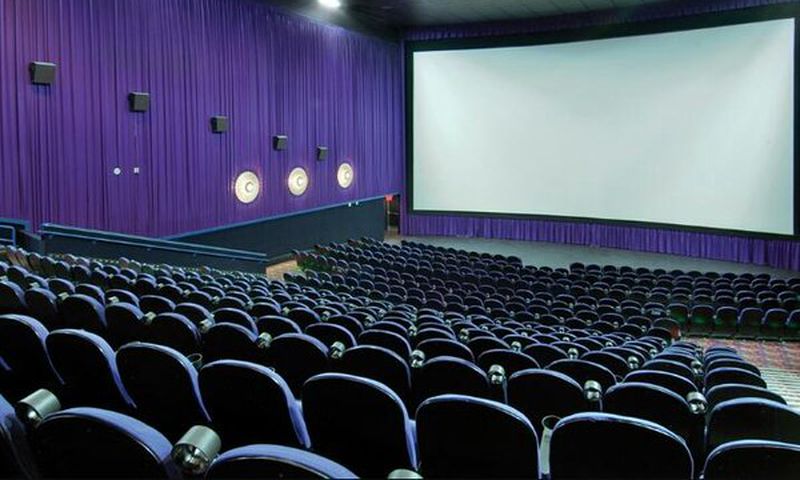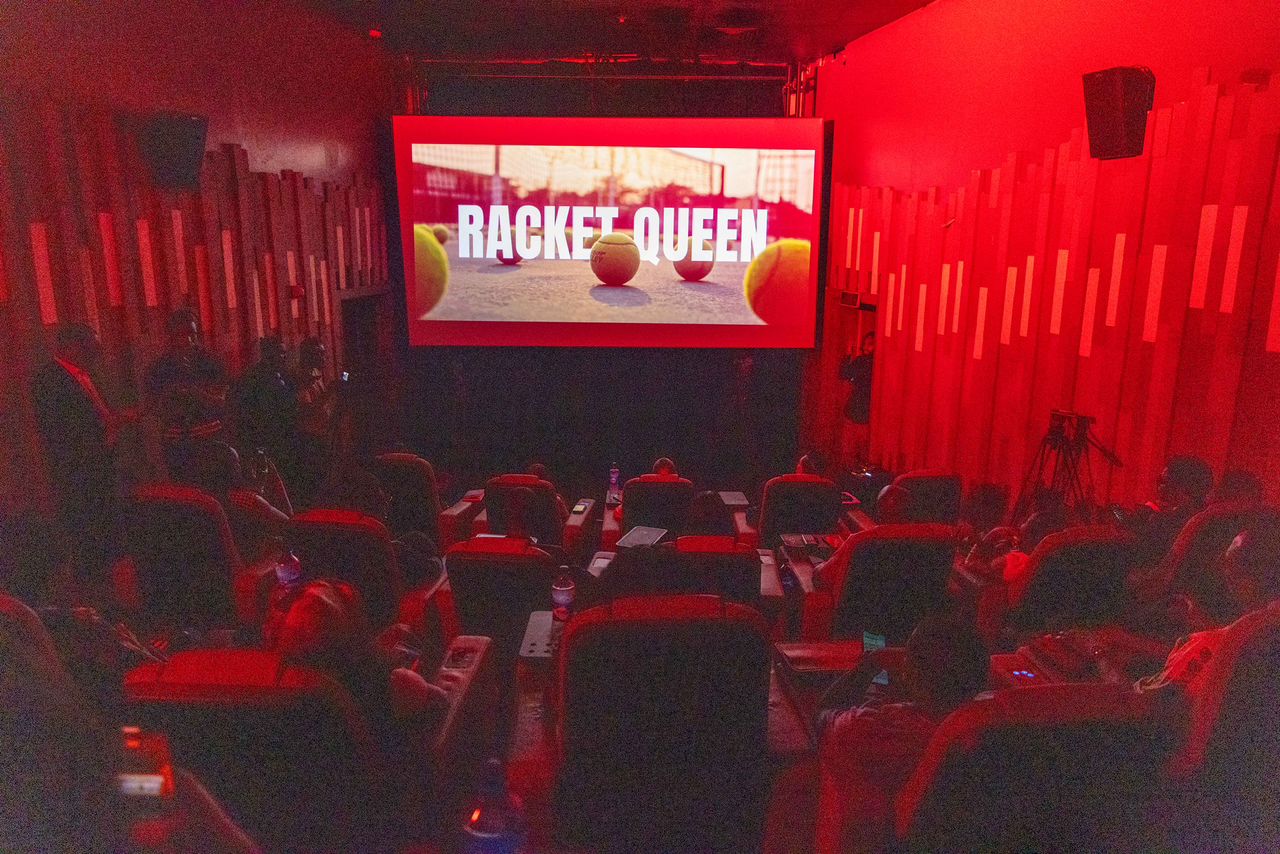By Akinwande Jordan
To speak extensively about film in Nigeria is to already be in tension with the culture of film in Nigeria. One is either misunderstood as a technician or accused of bitterness—some failed practitioner mouthing off from the sidelines. In a society that rewards visibility and speed, the critic is an inconvenient figure. But film criticism, if it is to mean anything, must remain inconvenient.
Mainstream Nollywood is currently gripped by a certain glut—a saturation of narrative impulses, performance styles, and cinematic gestures that rarely cohere into artistic intention. In such a space, the critic becomes a reader of symptoms of the disease. The work is not merely to review, but to interpret and understand. And then, as Ifeoluwa Olutayo, a filmmaker, programmer, and writer, puts it, “to probe the necessity of the film, its aesthetic logic, and the politics behind its making.”
Criticism in this sense is less about policing taste, more about mapping thought. It is not about liking or disliking a film but about discerning what it believes. What structures does it affirm? What histories does it exploit or erase? What does it ask us to feel—and why?
In Nigeria, where the state routinely fails, its citizens and institutions collapse before they are even named, cultural production becomes both document and dream. Our films are often incoherent, not because of a lack of ideas but because of a surplus of panic. The critic, here, does not need to be generous. He needs to be lucid.
There is a false dilemma that continues to circulate in these conversations: that because Nollywood is underfunded, underresourced, and structurally precarious, it must be handled with care—critiqued politely, if at all. But to coddle art is to suffocate it. As Seyi Lasisi (Culture Custodian, Afrocritik) argues: “The critic should care less about the tragic incidents on set or the rushed scripts. The final product is the concern. Awareness of production constraints should not tame criticism, but sharpen it.” The film, once released, enters the public and becomes a cultural artifact. Its excuses no longer matter.
Criticism, of course, has always had an uneasy relationship with nationalism. The critic is rarely seen as loyal. But this, too, is a misunderstanding. The real critic is not hostile to the work; he is its only true companion. He watches carefully, listens for the unsaid, and refuses to pretend. In an industry where filmmakers often confuse success with silence, the film critic insists on a third position: thought.
It must be said that Nollywood still resists this kind of attention. In the commercial mainstream, reviews are tolerated only when they are flattering, used as marketing blurbs or PR assets. When they aren’t, they’re ignored or dismissed. Seyi splits the field into two camps: the “popcorn” filmmakers for whom reviews are an accessory, and the independent auteurs who see criticism as an essential engagement. “The latter are still marginal, but they understand that criticism extends a film’s life,” he notes.
There is, undeniably, a crisis of infrastructure. Nigeria lacks a sustained, independent tradition of film criticism. Existing platforms—What Kept Me Up, The Film Conversation, and In Nollywood—are doing important work, but remain underfunded and volunteer-driven. Newspapers provide shallow blurbs. Universities lag behind the present. We have reviews, yes. But we lack critical memory.
And memory matters. As Northrop Frye wrote, criticism is what prevents art from fossilising into nostalgia. It is the language that binds creation to consequence. Without critics, we forget what was once considered good, brave, lazy, or new. Without critics, an industry floats without a compass, responding only to algorithms, global trends, and internal mythology.
Language, too, is a site of crisis. Nollywood is a postcolonial cinema still haunted by its colonial instruments. Film came to Africa as surveillance, as moralising ethnography. We have yet to fully undo those frames. Our criticism often mimics Western forms—genre tropes, thematic preoccupations, festival logic. But rather than reject this, we must metabolise it. Olutayo remarks that “Western language is our curse.” Perhaps. But language, like cinema, can be repurposed.
In this repurposing, the critic’s role is crucial. He must invent a new grammar—one that allows us to speak about our films as expressions of a specific, unstable modernity. A grammar that acknowledges local idioms, political urgency, and the uncanny pleasure of contradiction. We are not a people given to minimalism. Our cinema should not be expected to be austere. But it must be coherent.
What, then, is the film critic’s task? It is not merely to observe, but to name. Not simply to write, but to situate. The critic makes visible the assumptions embedded in the image. He holds the filmmaker accountable not only for the story but for the vision. He takes films seriously, even when they do not.
There is no shame in being difficult. The film critic must risk being misunderstood, must resist the urge to simplify. He does not write for consensus. He writes for the record. And in a country where cultural conversation is fleeting, and memory is often outsourced to social media, that record becomes sacred.
In the end, criticism is not opposition—it is intimacy and communion with the work itself. The intimacy of close watching, of refusing to look away. To critique is to believe the work is worth interrogating. To ask more of a film is to believe it can offer more.
And to believe in Nollywood, truly believe in it, is to hold it to the highest standard. Not because we want less from it, but because we want everything.





